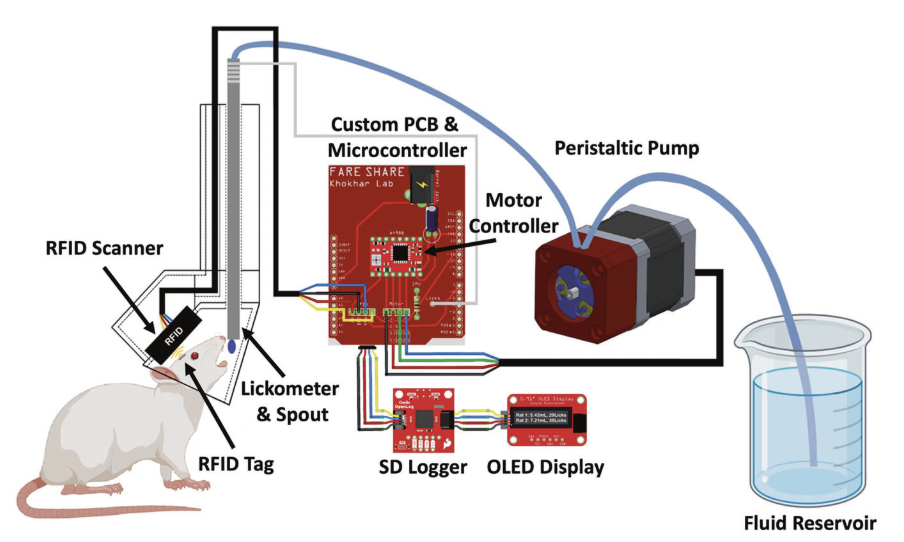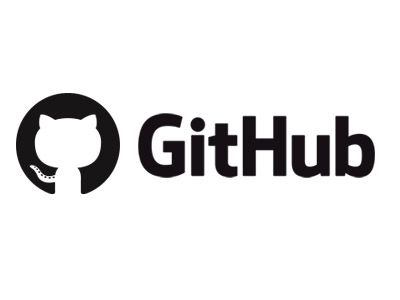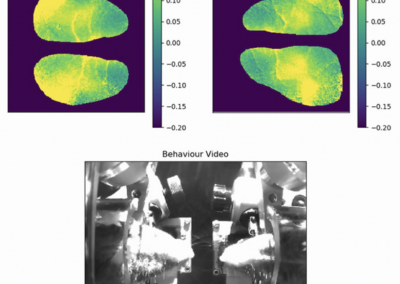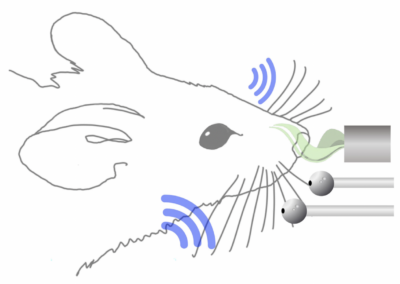FARESHARE

Jude Frie and Jibran Khokhar of the Khokhar Lab at University of Western Ontario published their open-source tool, FARESHARE, in the American College of Neuropsychopharmacology in February 2024.
FARESHARE (Fluid Acquisition Recording in Socially Housed Animal Research) is an open-source device developed to strengthen substance use literature using animal models. Alcohol use disorder has been linked to social behaviors — with different social contexts driving alcohol consumption. In animal models of substance use, however, animals are often in secluded cages to allow for ease in continuous measurement. FARESHARE fills this gap, and provides technology that identifies rats and measures fluid licks with a lickometer, while recording the data continuously for fluid volume and lick count for each individual rat.
This device relies on RFID chips that are injected, under anesthesia, underneath the scalp of a rat. The Arduino-based RedBoard Qwiic is used with Arduino code developed using the open-source libraries Adafruit GFX Library, Adafruit SSD1306, Sparkfun Qwiic OpenLog, and CapacitiveSensor. Communications between the Arduino RedBoard, the RFID chip reader, the lickometer, fluid pumps, and the measurement hubs (an OLED display and SD card reader recording continuous data) are done by the PCB, developed using the open-source software Fritzing (see Figure). Rats will place their head in the 3D printed chamber containing the RFID scanner, activating the fluid pump through the lickometer, which measures licks. The data from the fluid pumped out and the number of licks are recorded on the SD card and updated on the OLED display.
One FARESHARE device can be assembled for roughly $185 USD, compared to the current standard products such as IntelliCage which cost upwards of $65,000 USD. Thus, this device provides a lower-cost, open-source method while also filling a gap in substance use literature.
This research tool was created by your colleagues. Please acknowledge the Principal Investigator, cite the article in which the tool was described, and include an RRID in the Materials and Methods of your future publications. RRID: SCR_025330
Special thanks to Abby St. Jean, a neuroscience undergraduate at American University, for providing this project summary.

Access the code from GitHub!
Check out the repository on GitHub.
Read more about it!
Check out more about the development and validation of this project from the Nature NPP – Digital Psychiatry and Neuroscience publication!





